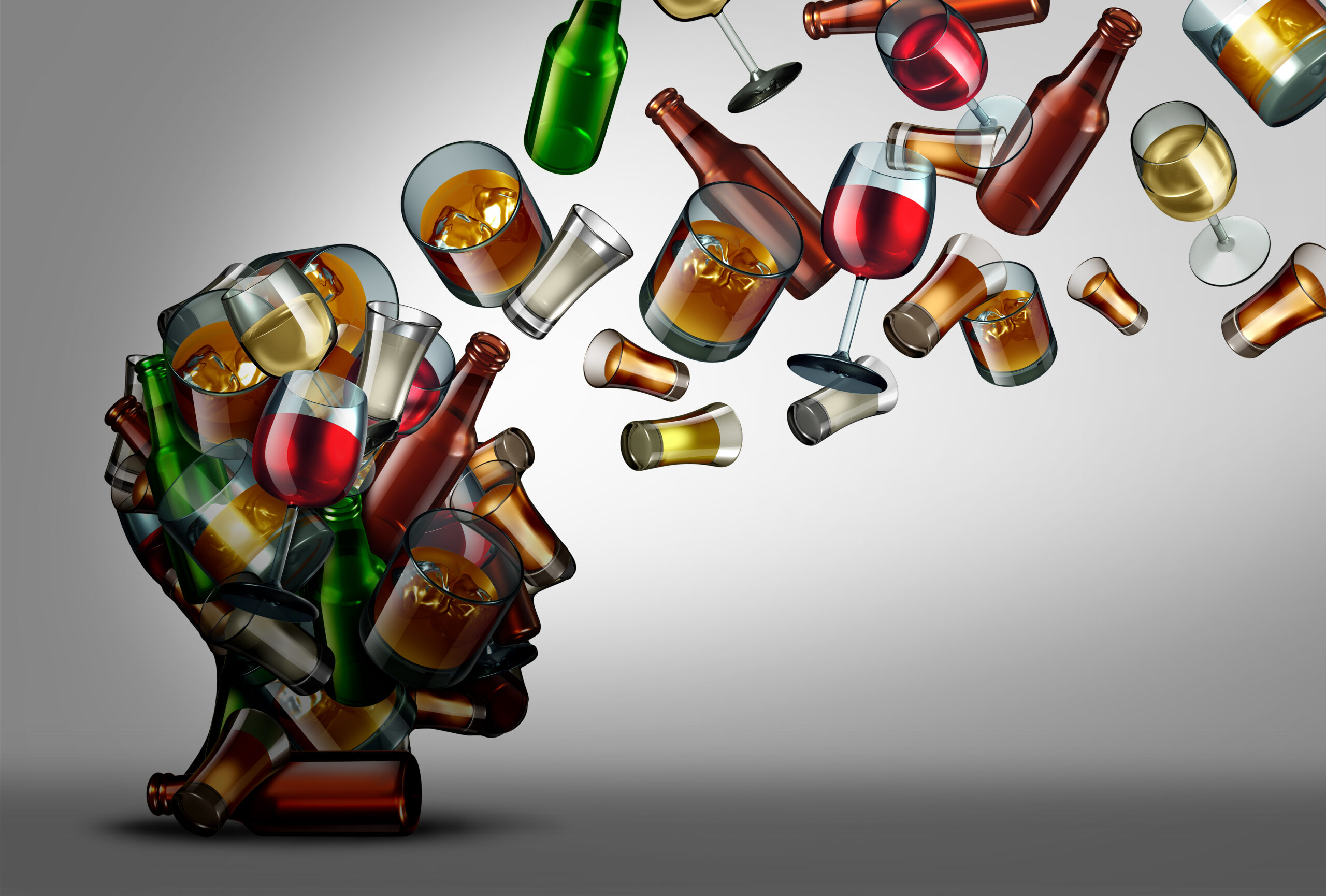Alcohol can be part of a celebration or a complement to certain foods. It can also be used as a coping mechanism for stress or a way to alleviate social anxiety. So, what’s the line between healthy and unhealthy alcohol use? That depends on your genes, lifestyle and alcohol habits. Your body’s response to alcohol can be influenced by a number of factors: Your gut and liver, your hydration and nutritional status, the quality of your sleep, the amount and type of alcohol you drink. Knowing your body and understanding why you drink can help you counteract some of the negative effects of alcohol and lower your risk of multiple alcohol-related health conditions.
The National Cancer Institute says that the more alcohol a person drinks regularly over time, the higher his or her risk of developing an alcohol-associated cancer (head & neck, esophageal, liver, breast, colorectal). Genetic variations also increase the risk of certain individuals because these variations impact the way alcohol is processed in the body. Alcohol triggers inflammation by: Changing the way food and toxins enter and leave your gut, breaking down alcohol into toxic chemicals that enter the bloodstream, impairing absorption of vital nutrients, increasing estrogen, and diminishing your body’s ability to detoxify itself.
Fortunately, the health effects of alcohol can be reversible if you moderate your drinking. With insight from Hone Health, we created the following plan that focuses on proactively reducing inflammation when you drink:
- Eat protein and nutrient-dense foods before you have that first drink. This will decrease the absorption rate of alcohol in your bloodstream and counteract some of the vitamin depletion from alcohol. Bonus: Add anti-inflammatory spices like turmeric or ginger to this meal.
- Drink at least one glass of water before your first drink, between each drink, and before you go to sleep. This keeps you hydrated and full to help limit your intake. Bonus: Squeeze lemon in your water, which contains a high dose of vitamins and plant compounds.
- Stick to the recommended servings, when possible: 12 ounces of regular beer; 9 ounces of malt liquor; 5 ounces of unfortified wine; 1.5 ounces of 80-proof hard liquor.
- Take Nrf2 activators (resveratrol, curcumin, green tea extract) regularly to reduce damage caused by inflammation.
- Sleep 7-8 hours per night – sleeping less than 6 hours significantly impacts most bodily functions and has been linked to higher rates of inflammatory disorders. Bonus: If you limit drinking to weekends, you have more flexibility to get a few extra hours.
- Try fasting one or more days per week to give your body a break from digestive activity. Example: Stop eating 2-4 hours before bed and delay breakfast for 2-4 hours after waking.
- Stress activates the same acute inflammatory response as pathogens and trauma, so consider whether that extra drink is going to take you away from still being able to work out the next day, sleep well or spend time with family/friends. Consider: Why are you drinking – for enjoyment, to take the edge off or as a social lubricant?
- Get IV therapy before or after an event or gathering if you are worried about being in a situation where you will consume more than you would like. There are many wellness clinics that offer nutritional therapies that help in replenishing many of the vitamins lost during alcohol consumption.
It’s important to know what’s in your drinks since various beverages contain contaminants that are introduced during fermentation and production (asbestos fibers, phenols, hydrocarbons). Dr. Will Cole breaks down a list of recommended types and amounts of alcohol. His general rule is to treat alcohol like sugar (cancer’s favorite ingredient for growth), it is meant to be consumed occasionally and in true moderation.
- Red wine – polyphenols such as resveratrol have anti-inflammatory, antioxidant and antiplatelet activities that may decrease the risk of developing cancer and heart disease. Caution: Depending on the quality of a product, toxic byproducts of mold can counteract the anti-inflammatory effects. Choose organic, sulfate-free, low-sugar brands like Dry Farm Wines.
- Tequila – 100 percent agave brands are not made from grains and are clean liquor options. Drink with soda, lime or maple syrup instead of pre-made mixes filled with low-quality sugar. Try mixes like Camp Craft Cocktails instead.
- Hard cider – made from apples, so it still contains a decent amount of sugar but dry cider has lower amounts of sugar. Check the labels to make sure they didn’t add other ingredients or “natural flavors.”
Give our plan a try and see how you feel! If you’re looking to improve your health or your relationship with alcohol, reach out to us for additional resources or guidance.

